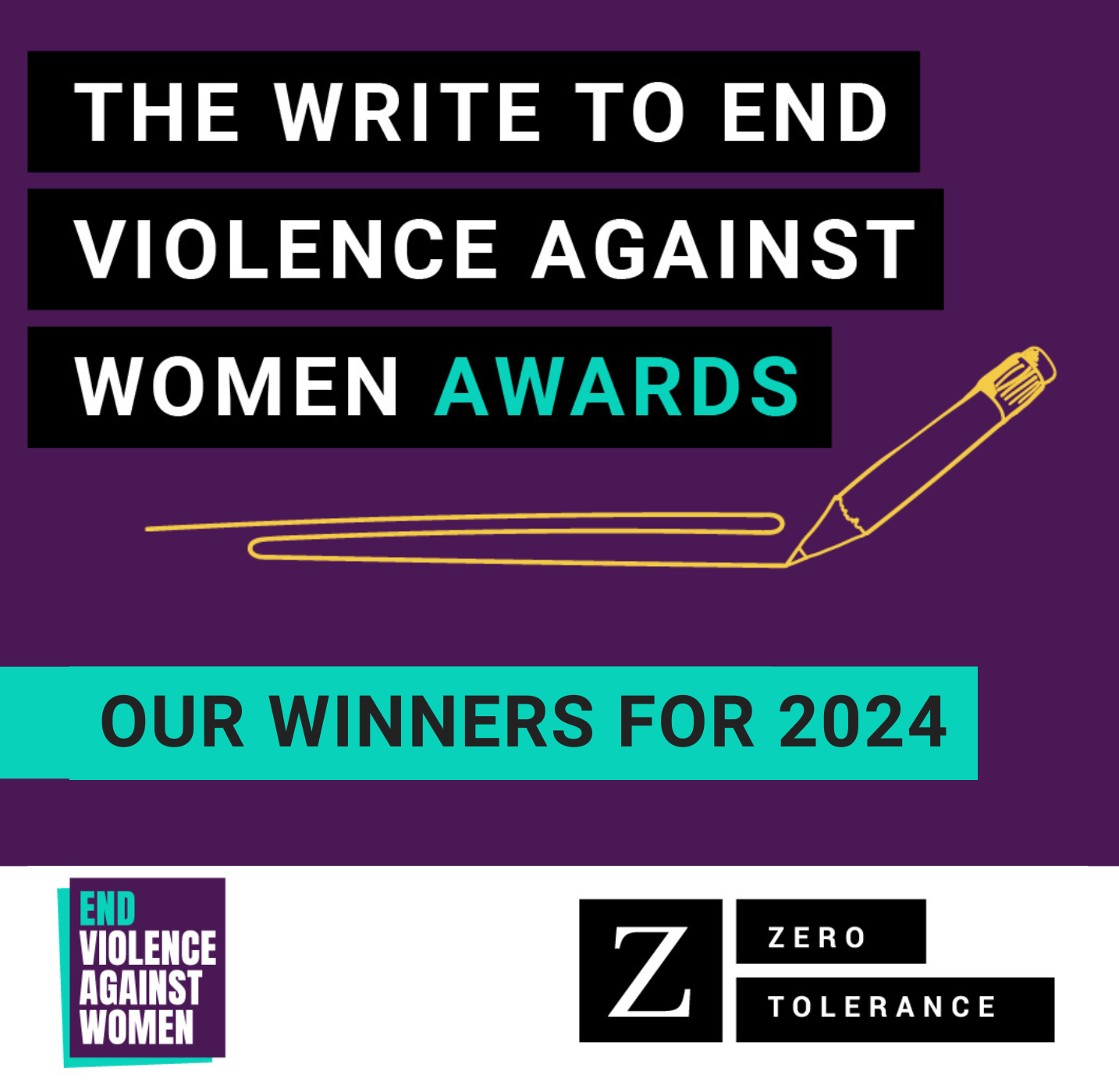 12 Dec
12 Dec
26 organisations working to end violence against women and girls have written Chancellor of the Exchequer Rishi Sunak, calling on him to recognise the enormous costs of domestic and sexual violence to the state and communities, and to allocate specific funding for the support services and work needed to alleviate and ultimately end this abuse, as part of his Comprehensive Spending Review. This letter was sent to the Chancellor today (24.09.20) and has also been sent as a submission to the Treasury’s Comprehensive Spending Review.
The letter outlines that in addition to the £2.2bn that has been estimated as necessary to tackle domestic abuse alone in this spending period, further spending pledges are needed of at least £102.7m annually to ensure specialist sexual violence and abuse services are available for victim and survivors; and £57m annually to ensure that the existing highly specialist support services for Black and minority ethnic (BME) women are sustainable.
The Home Office’s own research published last year estimated the economic and social cost of domestic abuse alone is £66bn every year. In addition to this, one Home Office assessment looking at the costs of rape and sexual offences to society and the victim, estimated this would cost the UK £12.2bn per year. In contrast to this high cost, NHS cost savings alone from VAWG organisations amounts to over £357m per year.
These high economic and social costs speak to the alarming prevalence of domestic abuse and rape, as well as other forms of abuse that women face every year. It is also important to note that younger women, disabled women, Black and minoritised women and LGBT+ survivors can all find it harder than others to be believed and to access support services and the justice system if they choose to do so.
This call for strategic investment to end abuse is made within the context of an extremely fragmented and inadequate funding landscape for victim support services. This means that an individual trying to access justice or support is very likely to face a postcode lottery, long waits, and will often find no provision available to them. This is particularly the case for Black and minoritised women trying to access specialist “by and for” services which see very high levels of self-referral because these services are known and trusted, and are chronically under-funded with close to half at risk of closure.
The letter makes it clear that costs and public spending estimates are needed in relation to the best ways to end and prevent forced marriage, FGM (female genital mutilation), trafficking, sexual exploitation, child sexual abuse, and a range of online harms. It calls for recognition of ‘by and for’ specialism in policy making and for there to be spending decisions for deaf and disabled women who are disproportionately targeted for abuse. Furthermore, the letter urges the Treasury to become a key participant in the Home Office led Violence Against Women and Girls Strategy, which is about to be renewed for 2021 onwards, and to support the development of truly strategic and costed aims and action plans.
Alongside urgently needing strategic and sustainable funding, the letter also calls for radical public services change in several key areas if we are to better support victims of abuse and prevent abuse in the first place. In particular we need: significant reform to social security policy; a radically reformed Family Court; housing reforms to protect refuges and move on accommodation, and pathways to enable the removal of perpetrators where this is safe, effective and what the victim wants; reform of adult social care; the ending of ‘no recourse to public funds’ for abuse survivors which puts enormous pressure on support services; parity of esteem for mental health in the NHS; non-means tested legal aid for survivors, and mandatory training for frontline public services staff who are likely to come into contact with survivors of abuse.
All of these changes, alongside sustainable funding for specialist services, would reduce the complexity of need and costs across systems in the long term.
The letter makes the point that early intervention to prevent and respond to violence against women and girls can prevent future costs, to the individual, wider society and the Exchequer. Unfortunately, the current funding allocation for VAWG services is too small to have a transformative impact. Strategic investment now is imperative for building back a society better able to respond to violence against women and girls in all its forms.
For more information, the full letter is available here: Letter to Chancellor re Comprehensive Spending Review
We hope to receive a reply to the letter soon, and will publish any replies here.
Recommended ARTICLES
 12 Dec
12 Dec
 25 Nov
25 Nov
 15 Nov
15 Nov

